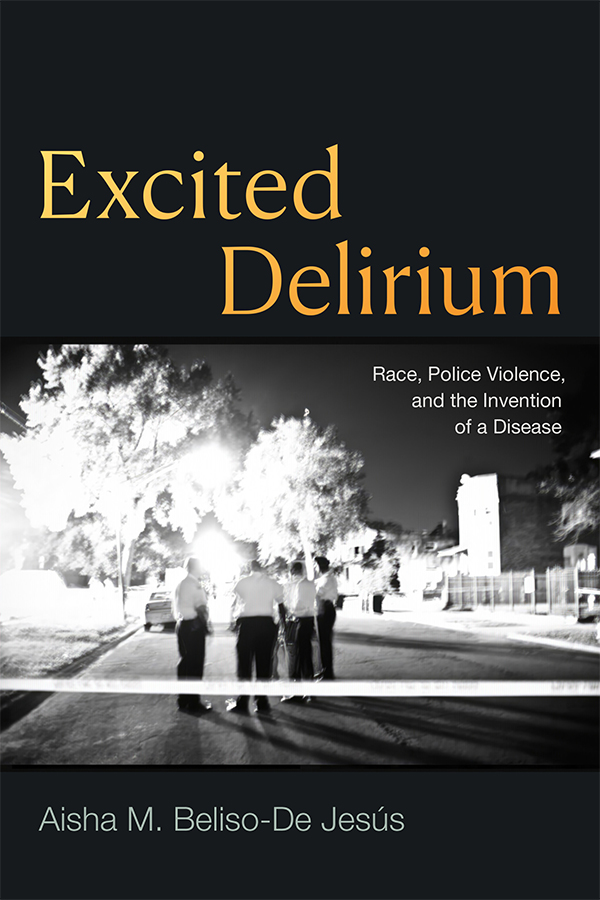Forensic pathologist Charles Wetli first used the concept of “excited delirium” in dismissing the deaths of Black sex workers in the 1980s; they were later found to have been murdered by a serial killer. Does the term’s origin speak to its being dehumanizing?
Medical diagnoses are supposed to be helpful to people. But as we can see in the example of excited delirium, and specifically with the misdiagnosis of the cases that you’re referring to—the misdiagnosis of Black women who were strangled to death, murdered and raped by a serial killer—which Charles Wetli described as “cocaine sex deaths,” this horrific term was really used for him to substantiate his argument.
He used these Black women’s deaths to sort of make the argument that Black people, who he saw as a species that was separate from white people, had a specific genetic flaw [causing them] to die spontaneously.
He argued Black women died through small amounts of cocaine use and sexual activity, which he assumed or presumed to be consensual. Then he argued that Black men died spontaneously around police officers. This reveals so much dehumanization.
How did Wetli use and misconstrue Afro-Latine religions in rationalizing excited delirium?
The relationship between Wetli’s research on Afro-Cubans and cocaine and “excited delirium syndrome” is not direct or obvious, but I think it’s much more subtle and ingrained. So this is the 1980s, during the Mariel Boatlift, when 125,000 Cubans arrived as refugees in Miami—and those Cubans that arrive are darker, poorer and less well or less resourced than the previous generations of Cubans, who were whiter and wealthier.
Wetli was in his first couple of years as the new assistant medical examiner, and at the same time, there was a mass criminalization of this community. You see it in stereotypes like the famous Tony Montana from Scarface, who is this sweaty, aggravated, sexual predator mobster who is addicted to cocaine and murder.
Charles Wetli’s research on Afro-Cubans and cocaine, particularly on the tattoos of Afro-Cubans, is a participation in this longer criminalization of Afro-Cuban religions. He has this hobby where he claims himself as an expert on Afro-Caribbean religions, or cults, as he calls them.
He’s saying that, basically, mostly Black and Latino men have this tendency to become aggressive, sweaty, and overheated—essentially just self-combusting as a result of their aggressiveness. And as a result, he argues, they die, and police witness their deaths. It becomes a pattern with the Afro-Cubans he’s studying, where he blames the religion and the Cubans as these aggressive criminals, almost a plague infection into the United States.
